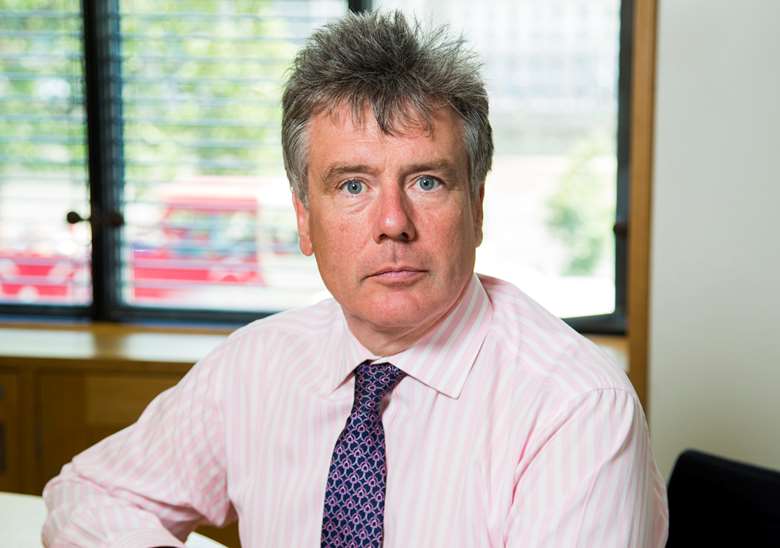Give councils power to set up academy trusts, MPs recommend
Gabriella Jozwiak
Tuesday, February 28, 2017
Councils should be allowed to set up their own groups of academy schools, an influential group of MPs has recommended.

An inquiry by the education select committee found that existing structures to support academy schools to collaborate and expand, known as multi-academy trusts (MATs), are having varied success in raising pupils' performance across England.
It has called on government to allow local authorities with a track record of strong educational performance to set-up their own MATs.
Department for Education figures from March 2016 showed 65 per cent of all academies and free schools in the country were part of MATs, although the government predicts most schools will have converted to academies and belong to MATs by 2022.
The select committee's report urged the government to make more use of it's ‘growth check' strategy for MATs, whereby the DfE reviews whether a trust has the capacity to take on any more converting schools, after evidence collected by the committee found some trusts had expanded too quickly over wide geographic regions. This was deemed to have impacted negatively on school performance.
MPs also said the relationship between MATs, Ofsted and Regional Schools Commissioners was unsatisfactory, and called for the government to give the education watchdog a new framework to conduct full inspections of trusts.
The committee concluded that MATs needed to become more accountable to communities and engage better with parents and local governing boards.
The report stated: "There remains a high degree of uncertainty around the effectiveness of MATs and there is not yet the evidence to prove that large scale expansion would significantly improve the school landscape.
"Only time will tell whether multi-academy trusts are more successful than local authorities at creating and supporting high-performing schools and tackling underperformance."
Commenting on the inquiry, committee chair Neil Carmichael recommended the government work with local authorities to "allow those councils with a track record of strong educational performance to use their expertise within their education department to create MATs".
"While some MATs are producing excellent results and making a valuable contribution to our education system, a considerable number are failing to improve and are consistently at the bottom of league tables," he added.
Richard Watts, chair of the Local Government Association's children and young people board, has backed the call and is asking for government to recognise councils as its "education improvement partners".
"Schools should be given the freedom to choose, in partnership with parents and councils, whichever structure is most appropriate for local children and if that means councils setting up their own MATs then they should be able to do so," he said.
"Allowing local authorities to set up MATs would ensure the council and its directly elected councillors, who know their local schools and the communities they serve better than anyone else, will be able to step in and help."
Watts added that the arrangements would enable councils to keep account of all local school spending.
The National Association of Head Teachers has repeatedly called for councils to be allowed to set up MATs.
Natalie Perera, executive director at the Education Policy Institute, said the government's priority should be to indiscriminately tackle underperformance in schools, and support pupils from disadvantaged backgrounds, within both local authorities and multi-academy trusts.
As of November 2016, just over 19 per cent of all state-funded schools were in MATs. According to the DfE there were 21,525 such schools in England, of which 1,618 were standalone academies and 4,140 were in MATs.




